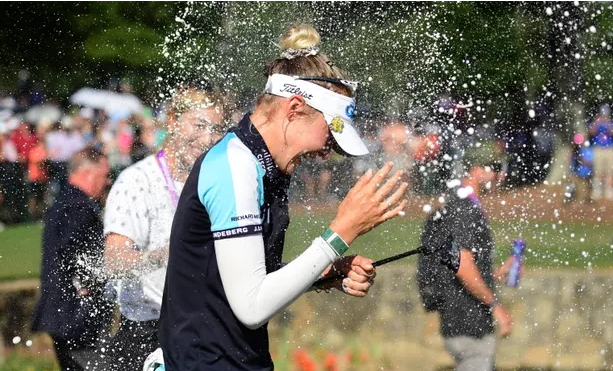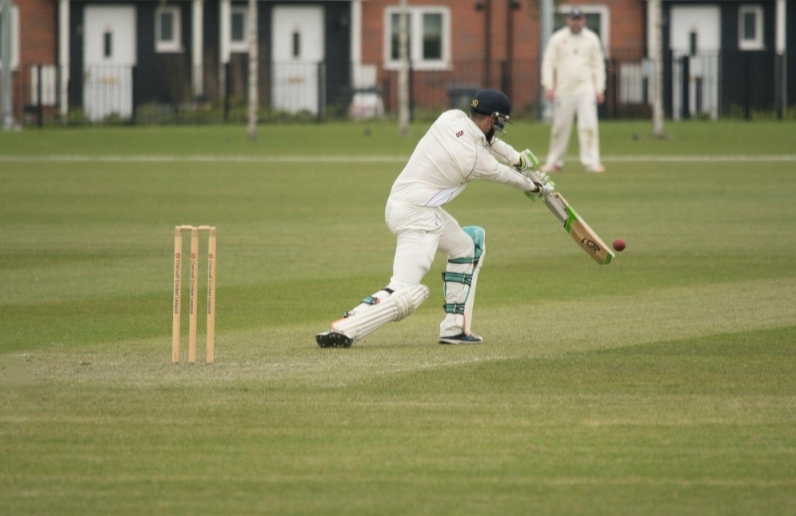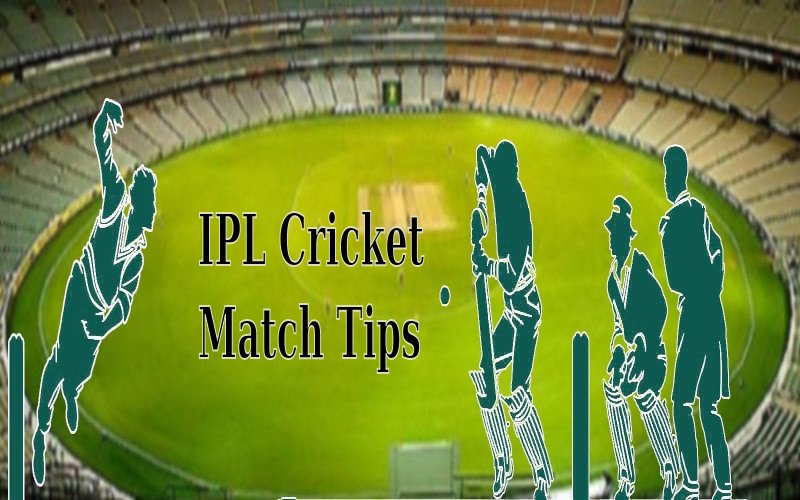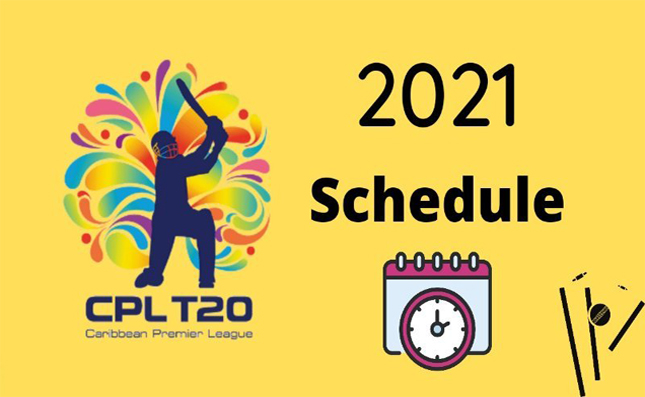Trending Now
- 830 voters names go missing in Kavundampalayam constituency
- If BJP comes to power we shall consider bringing back electoral bonds: Nirmala Sitaraman
- Monitoring at check posts between Kerala and TN intensified as bird flu gets virulent in Kerala
Sports
Nelly Korda’s PGA Championship win elevates remarkable family dynasty
![]() June 28, 2021
June 28, 2021
It is not easy to follow in famous sporting footsteps. For every Young Tom Morris, there are umpteen Jeffrey Jordans. Part of the struggle, of course, is constant comparison with illustrious parentage.
Perhaps Nelly and Jessica Korda feel the benefits of professional golf, as opposed to tennis, being their chosen domain. Their parents, Petr and Regina, once made on-court headlines, with their father winning the 1998 Australian Open. An already interesting family dynasty has been elevated to another level by Nelly’s victory at the Women’s PGA Championship; it marked the 22-year-old’s first major win and took her to world No 1 status. As Nelly holed out for a three-shot win in Atlanta, Petr was in London helping his son, Seb, prepare for his Wimbledon debut. “What the Korda family are doing is incredible,” said Andy Murray, no less.
Understandably, Nelly was asked to contextualise the Korda sporting success story. “You don’t realise it until someone really talks about it because we’re always so in the zone,” she said. “We’re always just striving to achieve more, and our family just to back each other through every situation. Seb is top 50 in the world. Man, a year ago he was outside 200. He’s playing at Wimbledon this year, it’s so surreal. And Jess has won on Tour this year. Honestly, it doesn’t really sink in until someone says it, and then you’re like, ‘oh, wow, yeah, that’s actually really cool.’
“My parents are the greatest. They would sacrifice anything and they would take the shirts off their backs for us. We wouldn’t be here without them. Jess is the best big sister. She’s the most selfless person out there. She’s five years older, so she has showed me the ropes of the LPGA, the ropes of professional golf, and I’ve been super lucky to have been showed that because a lot of people don’t get that opportunity. If I’m struggling, she’s right there for me. I can’t thank her enough for everything she has done and for how selfless of a person she is.”
Nelly has spoken before about the fact her father in particular “incorporated the mentality” of toughness when she was a child. “I like to grind through things,” she added. “I don’t give up.” That much was endorsed at Atlanta Athletic Club as Korda held aside the challenge of Lisette Salas, who has considerably more experience in majors. Korda backed up an opening round of 70 with a 63 and two 68s to claim the cheque for $675,000. Having first competed in a major as a 14-year-old amateur, her promise has been fulfilled. It is actually rare in this era for an American female golfer to top the world rankings, not that Korda is making further, grand plans.
“I feel like I’m 30, in a sense,” she explained. “You have to grow up so fast being on Tour, travelling, managing everything yourself. I don’t even feel like a 22-year-old. I go into every year wanting to succeed and wanting to reach my goals and to finally check this off my list feels so nice, but there’s been so many [young] major champions. I mean, Patty [Tavatanakit], she won [the ANA Inspiration], how old was she, 21? So there’s been so many young major winners.
“I told my caddie Jason from day one. I was like, ‘I’m the type of player that likes to take it shot by shot.’ Sometimes you get away from it, and he actually told me in that last round, ‘You’re thinking 40 minutes ahead. You told me when you hired me we’re taking it shot by shot’. It’s very simple and people are like, ‘Oh, that’s boring,’ but it’s really important when you’re out there.”
Salas had a lot to be proud of, despite falling short. Earlier in PGA week, she had spoken about depression and anxiety triggered by the pandemic. Second place in Atlanta, Salas’s fifth top-10 major finish, represented a fine result. “I was considering retirement,” Salas admitted. “I didn’t think I could get out of that deep hole and really my team stepped it up. I think I’m back.
“I think a lot of us take our mental health for granted and me coming from a Hispanic culture, it’s very hard to talk about it. I just hope that regardless if you’re a pro athlete or a student of any colour, shape or form; mental health is important and you’re not alone. That was the scariest part for me is I felt like I was alone, and now hearing the chants and everyone pulling for me, it was just a magical week. I’m just really happy.”
























